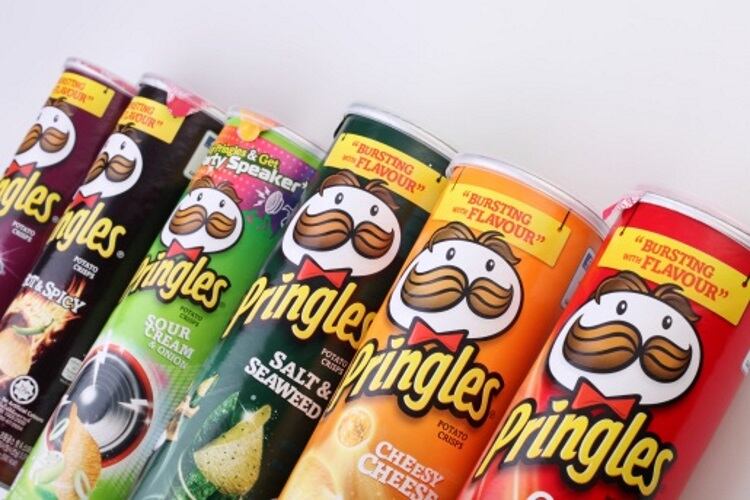It is no secret that plastic pollution has had a devastating effect on our planet. It takes hundreds of years to decompose and when it does eventually break down, it turns into tiny little pieces known as microplastics. Microplastics are now found everywhere – including our digestive tracts.
With a growing awareness around the damage that plastic can cause, many people have started to look for a substitute to traditional plastic packaging, opting instead for recycled, degradable, biodegradable and compostable alternatives.
In this article, we take a look at the different ways you can choose to ‘go green’ and why compostable alternatives to plastic are leading the way in the fight to save the future of our planet.
Recycled plastic
More than six million tons of plastic waste were produced between 1950 and 2015 and only 9% of that was recycled. Although recycling efforts have increased in recent years, so too has the amount of plastic being produced.
Although many types of plastics can be recycled, some cannot and plastic cannot be recycled indefinitely. This is because the process degrades the quality of the final product. This means that, eventually, even recycled plastic will end up as waste.
Degradable plastic
Degradable plastic uses chemical additives, which allows the material to break down faster than standard plastic usually would.
In other words, plastic touted as ‘degradable’ definitely is not beneficial and can even be worse for the environment in some senses than traditional plastics.
This is because, when degradable plastic decomposes, it releases harmful nano- and micro-plastics into the environment, which tend to harm rather than help the effort to prevent plastic pollution.
Biodegradable plastic
Biodegradable plastics are derived from either plants or oil and contain additional micro-organisms that slowly break down the material into small pieces. This means that they can decompose but, when they do, may contaminate soil and organic matter and cannot be placed into compost.
Instead, this kind of plastic will generally need to be disposed of in specialised facilities, which are not yet available in most areas. Because of this, biodegradable plastics end up being discarded in landfill and do not decompose any faster than ordinary plastic.
Compostable plastic
Compostable alternatives are considered the next generation of plastics. Not only do they come from renewable materials, but they break down through composting.
Plastic that is compostable refers to plastic that will break down into nutrients for the soil (compost) under the right conditions. This is because compostable alternatives are made from renewable materials like corn, potato, and tapioca starches. They are non-toxic and decompose back into carbon dioxide, water, and biomass when exposed to the right mixture of oxygen, moisture, and heat.
Some compostable plastics can be placed in home compost heaps, although most will require a high-temperature industrial facility to decompose successfully.
Under the right conditions, Bonnie Bio’s corn starch and vegetable-based products will decompose in 40-90 days in a home compost heap. These plastic alternatives – from multi-purpose bags to catering gloves and industrial cling wrap – provide a real solution for smaller producers looking to reduce their plastic consumption, obviously reducing waste management fees and appeal to eco-conscious shoppers.
Bonnie Bio’s range bio-based certified compostable and biodegradable plastic alternatives have been manufactured to comply with international standards. The PLA products break down into renewable resources without leaching toxins into the environment.





